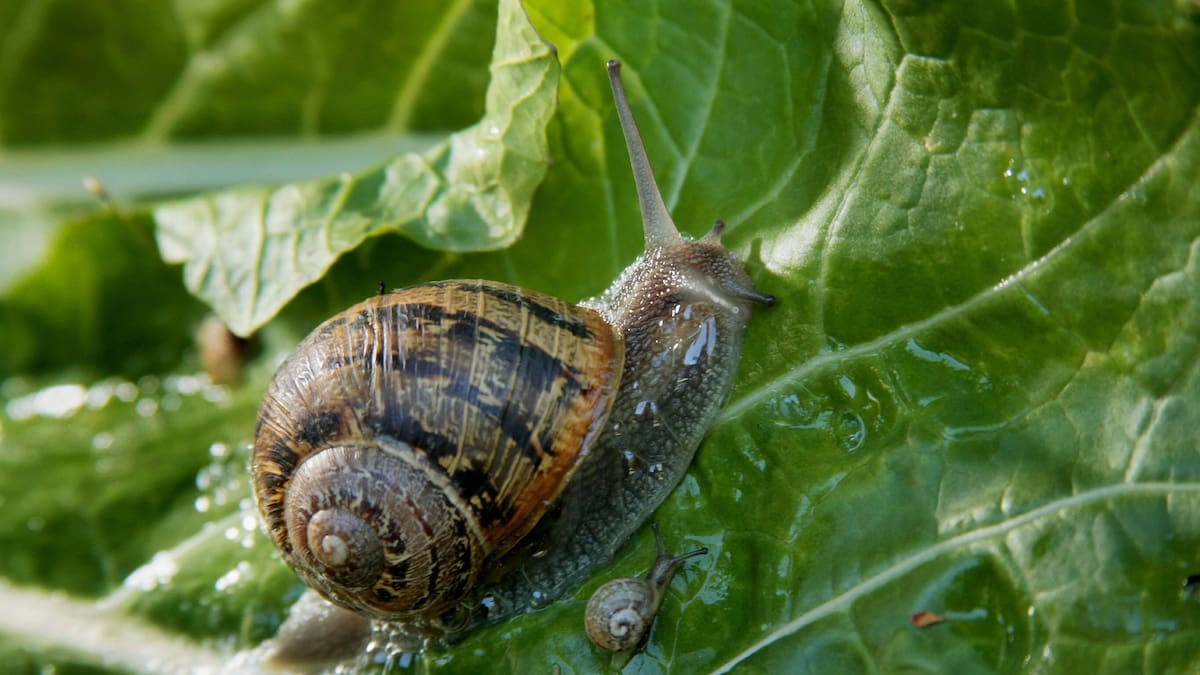As the wedding season winds down and the warmer days draw to a close, we are succumbing to the temptation of dedicating entire weekends to relaxation and unwinding. After all, the concept of staying at home, with no obligations, feels like a luxury. But often, our days of relaxation don’t rejuvenate us as we had hoped. It seems as though something is missing. Why is that, though?
The answer comes down to our misunderstanding of how relaxation should ideally work. We may believe relaxation is about binge-watching shows, aimlessly scrolling through our phones, or zoning out. However, these actions might not be as refreshing as we assume. There’s scientific backing to this assertion.
Tony Crabbe, a well-known psychologist, explains that we may not perceive leisure time correctly. As he puts it, most people think of leisure as a period of lounging around and not doing anything, usually from the comfort of their couches at home. However, evidence from psychological research and ancient wisdom suggests that when it comes to leisure time, it is often more rewarding to engage in activities rather than do nothing.
Crabbe goes on to highlight that actively participating in absorbing hobbies can prove to be an excellent way to recharge. This might seem contradictory at first, but actively working on hobbies that require your full attention can be invigorating and lower your overall exhaustion levels.
So, what exactly are active hobbies? They can be any activities that get your body moving, such as cycling, dancing, climbing, or even running. These activities don’t have to be performed competitively; they can merely be pastimes that revitalize your mind and body.
In a comprehensive study conducted in 2023, researchers analyzed five different surveys focusing on hobby engagement and mental well-being among seniors aged 65 and above. The research featured parallel data tracking from over 93,000 people across eight years in the United States, Japan, China, and 13 European countries. Everywhere, it was discovered that participants who engaged in hobbies reported fewer symptoms of depression and demonstrated better health and life satisfaction compared to those without hobbies.
Of course, it is essential to note that not everyone — especially seniors — might be able or willing to participate in physically demanding active hobbies. If that’s the case, even light movement activities while sitting can improve your well-being and keep your blood moving. The idea is to find the balance between resting and being physically productive.
As fitness expert Shakira Akabusi interestingly points out, there are several ways to do this. In an interview, she discussed the concept of “cosy cardio” and suggested a basic exercise called “sofa punches.” Sitting on the couch, one should punch with both arms while lifting the knees simultaneously. Thus, proving that even the simplest activities, if done right, can make a big difference.
The above compelling discoveries urge us to dust off our sporting gears, musical instruments, art supplies, or whatever it is that gets our creative juices flowing. It’s time to stop seeing leisure time as merely a time to ‘do nothing’, and instead, start pursuing things we genuinely love. Your mind, body, and well-being will thank you for sure. So, are you ready to redefine your understanding of leisure?



